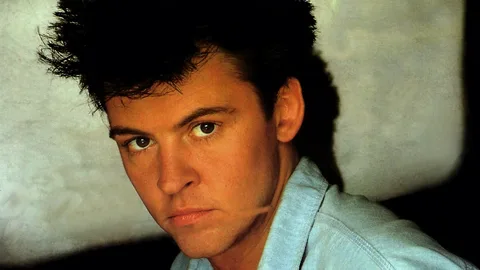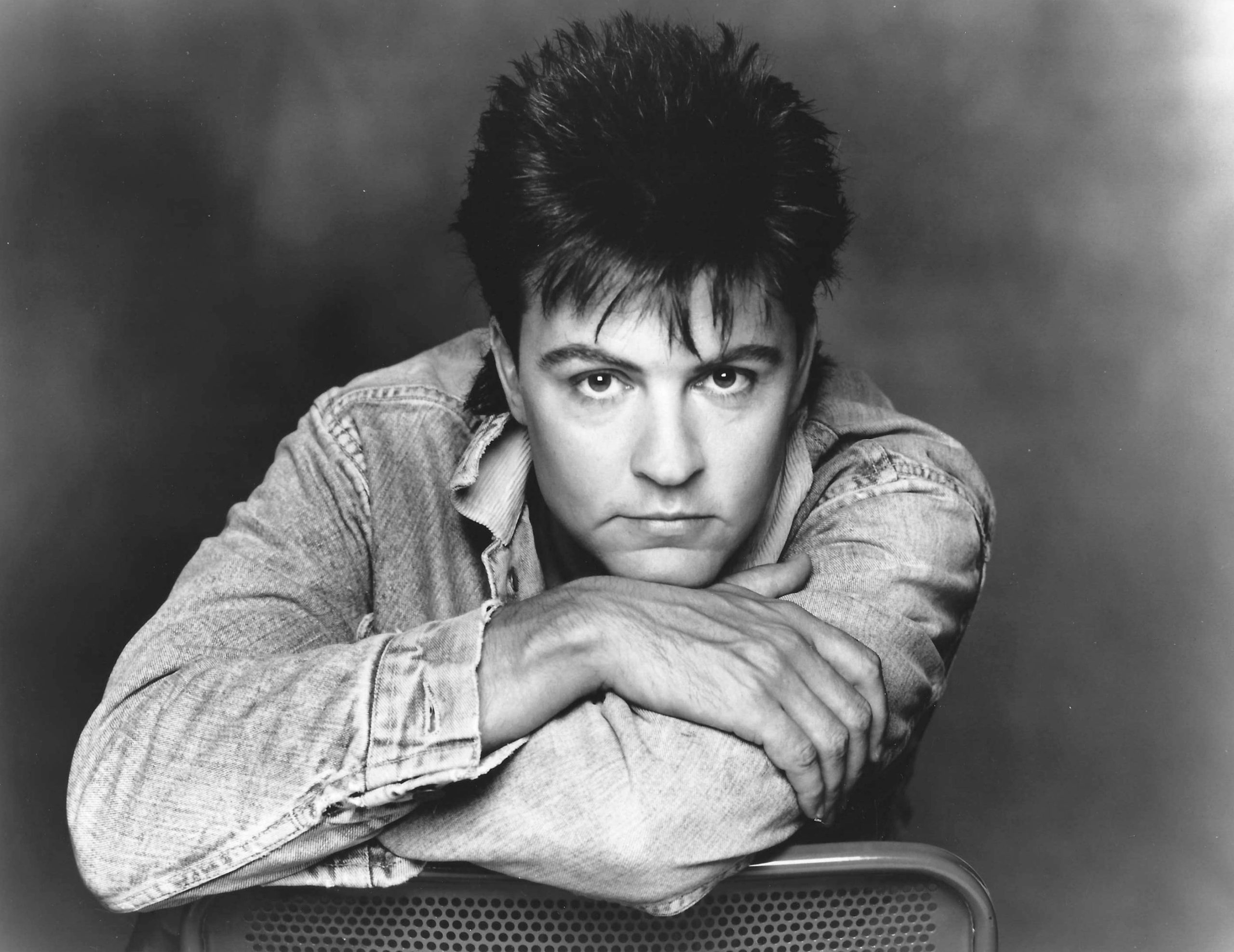
A Heartfelt Anthem of Longing and Loss
When Paul Young released “Everytime You Go Away” in 1985, it was more than just another entry into the pop music charts; it was a poignant exploration of the human heart’s depths, capturing the bittersweet essence of longing and separation. This tender ballad, which soared to the top of the charts, notably reaching number one on the Billboard Hot 100 in the United States, remains a timeless classic that continues to resonate deeply with listeners, especially those who have loved and lost.
Originally penned by Daryl Hall of Hall & Oates fame, “Everytime You Go Away” found a new life in Paul Young’s soulful interpretation. Hall’s version was included in the 1980 album “Voices,” but it was Young’s rendition that truly captured the public’s imagination. With his distinctive voice, a blend of emotional fragility and powerful resonance, Young transformed the song into a heart-wrenching plea that speaks to anyone who has ever felt the ache of separation.
The story behind this song is as compelling as its lyrics. At its core, “Everytime You Go Away” tells a universal tale—of love challenged by distance and absence. It reflects the inner turmoil experienced when someone you hold dear departs, leaving behind an emptiness that words can scarcely describe. The song’s power lies in its simplicity; it encapsulates an experience so common yet profoundly personal, evoking memories of goodbyes at train stations or airports, where time seems to stand still, and emotions are laid bare.
Paul Young’s delivery is nothing short of masterful. His voice carries an emotional weight that complements the song’s theme beautifully. The arrangement, rich with soulful undertones and subtle instrumental flourishes, enhances the melancholic mood without overshadowing Young’s heartfelt vocal performance. The use of gospel-inspired backing vocals adds a layer of depth, turning each chorus into a soaring expression of longing that lingers long after the final note fades away.
The song’s success was not just due to its melodic allure but also its lyrical depth. Lines like “Every time you go away, you take a piece of me with you” succinctly encapsulate the pain and vulnerability inherent in separation. These words resonate deeply with anyone who has experienced such heartache, making it a staple on countless personal playlists dedicated to love and memory.
For many older listeners, “Everytime You Go Away” might evoke memories of youthful romances or significant partings in their lives. It’s a song that has likely played in the background during pivotal moments—a dance at a wedding reception or a quiet evening contemplating love lost and found. Its enduring appeal lies in its ability to speak directly to the heart, transcending generations and remaining relevant even decades after its release.
Reflecting on Paul Young’s broader career, “Everytime You Go Away” stands as one of his most iconic contributions to music. Though he achieved success with other hits like “Come Back and Stay” and “Love of the Common People,” it is this particular song that solidified his place in pop history. Its universal themes and emotional resonance ensure that it will continue to be celebrated by both new audiences and those who have cherished it over the years.
In conclusion, Paul Young‘s “Everytime You Go Away” is much more than just a song; it’s an emotional journey that captures the essence of human connection and loss. Its enduring popularity is a testament to its profound impact on listeners who find solace in its comforting familiarity amidst their own experiences of love and separation. As time marches on, this classic will undoubtedly remain a cherished part of our musical heritage, offering both nostalgia and comfort to those who understand all too well what it means when someone takes a piece of you with them as they go.
